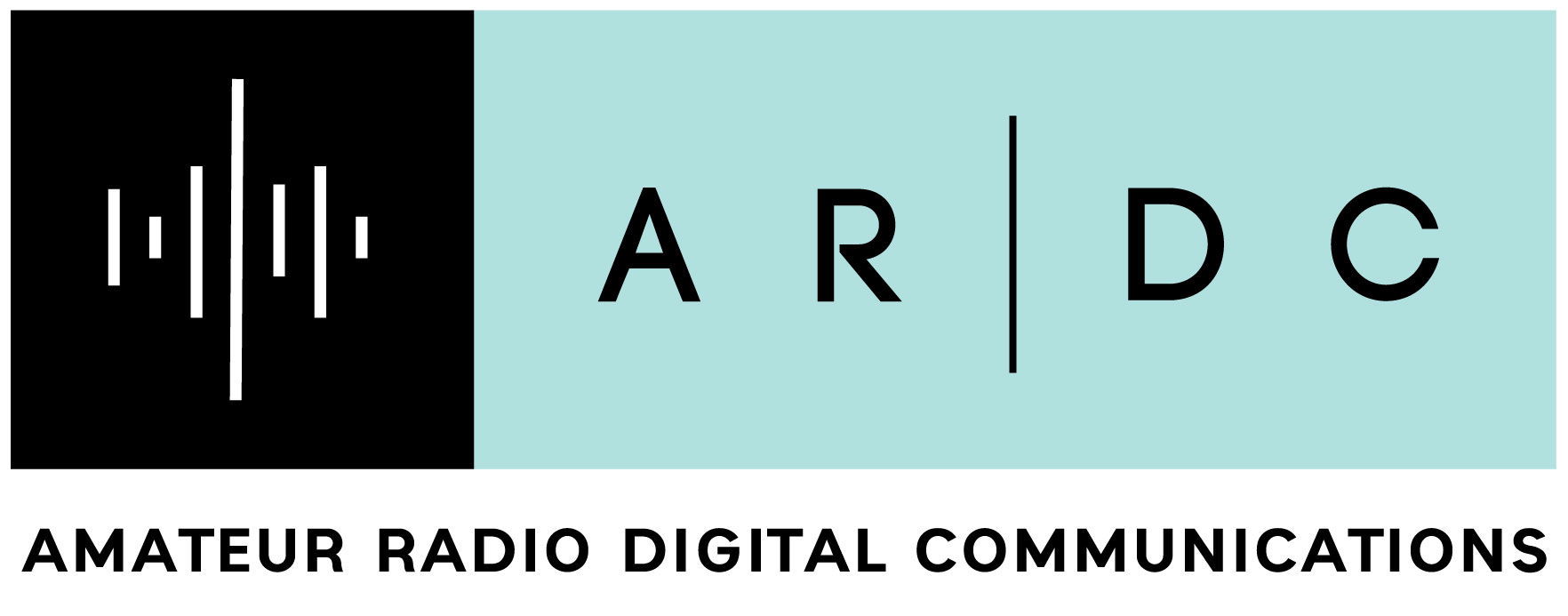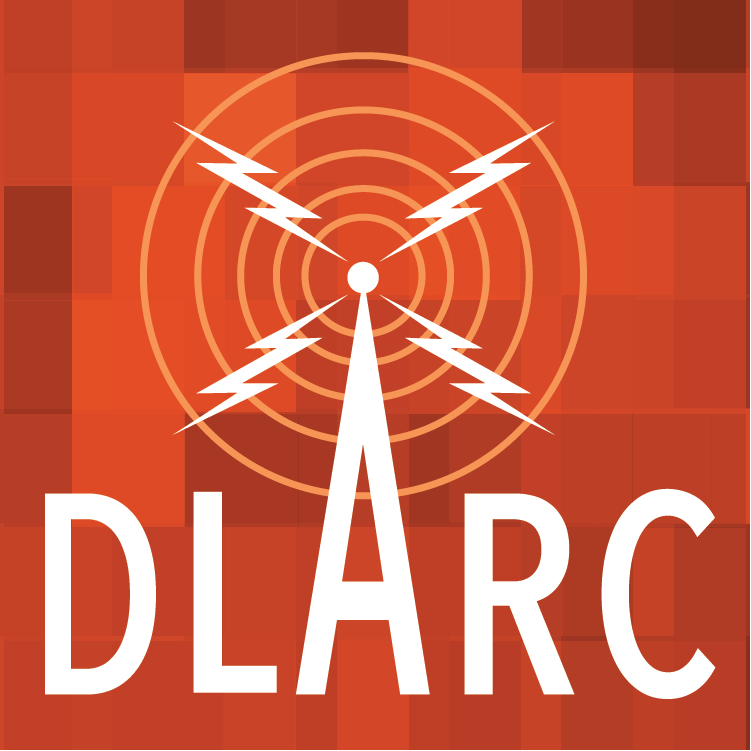Internet Archive has begun gathering content for the Digital Library of Amateur Radio and Communications (DLARC), which will be a massive online library of materials and collections related to amateur radio and early digital communications. The DLARC is funded by a significant grant from the Amateur Radio Digital Communications (ARDC), a private foundation, to create a digital library that documents, preserves, and provides open access to the history of this community.

The library will be a free online resource that combines archived digitized print materials, born-digital content, websites, oral histories, personal collections, and other related records and publications. The goals of the DLARC are to document the history of amateur radio and to provide freely available educational resources for researchers, students, and the general public. This innovative project includes:
- A program to digitize print materials, such as newsletters, journals, books, pamphlets, physical ephemera, and other records from both institutions, groups, and individuals.
- A digital archiving program to archive, curate, and provide access to “born-digital” materials, such as digital photos, websites, videos, and podcasts.
- A personal archiving campaign to ensure the preservation and future access of both print and digital archives of notable individuals and stakeholders in the amateur radio community.
- Conducting oral history interviews with key members of the community.
- Preservation of all physical and print collections donated to the Internet Archive.
The DLARC project is looking for partners and contributors with troves of ham radio, amateur radio, and early digital communications related books, magazines, documents, catalogs, manuals, videos, software, personal archives, and other historical records collections, no matter how big or small. In addition to physical material to digitize, we are looking for podcasts, newsletters, video channels, and other digital content that can enrich the DLARC collections. Internet Archive will work directly with groups, publishers, clubs, individuals, and others to ensure the archiving and perpetual access of contributed collections, their physical preservation, their digitization, and their online availability and promotion for use in research, education, and historical documentation. All collections in this digital library will be universally accessible to any user and there will be a customized access and discovery portal with special features for research and educational uses.
We are extremely grateful to ARDC for funding this project and are very excited to work with this community to explore a multi-format digital library that documents and ensures access to the history of a specific, noteworthy community. Anyone with material to contribute to the DLARC library, questions about the project, or interest in similar digital library building projects for other professional communities, please contact:
Kay Savetz, K6KJN
Program Manager, Special Collections
kay@archive.org
Twitter: @KaySavetz

The Internet Archive was established in 1996 with the aim of maintaining a historical record of the World Wide Web. Its goal is to preserve human knowledge and culture by creating an Internet library for researchers, historians, and scholars.
I must be slow. I’m not seeing your point.
If it’s to exclude ham/amateur stuff, I can only think you are not a very technical person. Hams have been on the internet before it was the internet. A lot of us started in the BBS days and before. We had lots of ideas on how to make our radios better, how to build different antennas and how to integrate our radios with computers.
Hope I missed the mark on your comment.
I’m not certain that person was necessarily intending to voice an opinion excluding amateur based information from the archive, but I agree that it appears that way. However there is nothing inherently negative in their response.
Right on about “hams have been on the internet…” I didn’t start until the late 70s, but was always amazed by the knowledge of those instructing us. And how willingly they shared that knowledge.
Except when they delete certain archives.
An excellent idea, I’ve already sent out this link in an email to some other amateurs who could provide information about both their social (amateur related) and on-air activities from the mid 1960s almost through to the present time. It would be nice to have more information (I see privacy and copyright issues as a potential difficulty in some circumstances).
For whom it may concern
My English is not the best, I hope u will understand.
A very very good idear, Imean the Digital Library.
I will of course brief u if am able to give u info u will be able to use.
What kind of stuff do u want?
VY 73 de
Vagn//OZ1OXQ
For many years, a huge amount of technical discussion about amateur radio equipment happened on Yahoo groups. It seemed that every major radio had a very active group with information about repairs, troubleshooting, or modifications. Hopefully someone can figure out a way to identify and archive those in a searchable system because all that knowledge basically evaporated.
I hope Digital Library of Amateur Radio and Communications will include Citizens Band Radio which many radio amateurs disdain even though at times they have been vastly outnumbered and where a great number got their start in radio. Large amounts of material exist and it would be a shame and not surprising if an attempt were made to minimize it’s influence. Please be inclusive which might be the biggest difference between the two groups. Hams are exclusive with a license based caste system where CB’ers are inclusive since Jimmy Carter opened it up. Thank You.
My opinion. I am a former Ham operator and I believe that all forms of communication, regardless of their requirements, impact, or perceived portance should be documented here. The Citizens Band project was (and may still be) a large and vibrant community. They represent an important part of the legacy that is wireless communications. I know many CB’ers that also obtained Ham licenses. Regardless of the stigma surrounding the CB community, it is still radio communications and deserves to be documented here.
I was a volunteer radio operator at AI0CC MARS station at CCK AB Taichung Taiwan from 1969-1970. I would like to provide an oral history while I was there.
@jefferson Great Share.
Even though I’m not very active in ham radio due to work pressures, this is terrific news. Hams have typically been at the forefront of technological leaps, including in the digital realm, so it’s terrific to see effort toward recording that history. And I can’t think of anyone better than Kay Savetz to lead it. K0RCC
I’m interested. I have here transcripts of my father Morris Paris on his weekly program Editorially Speaking on WEVD in the 40s and many digitized audios,videos and transcripts of my own WNYC programs with famous authors and musicians from Aaron Copland to Isaac Asimov.
Great !